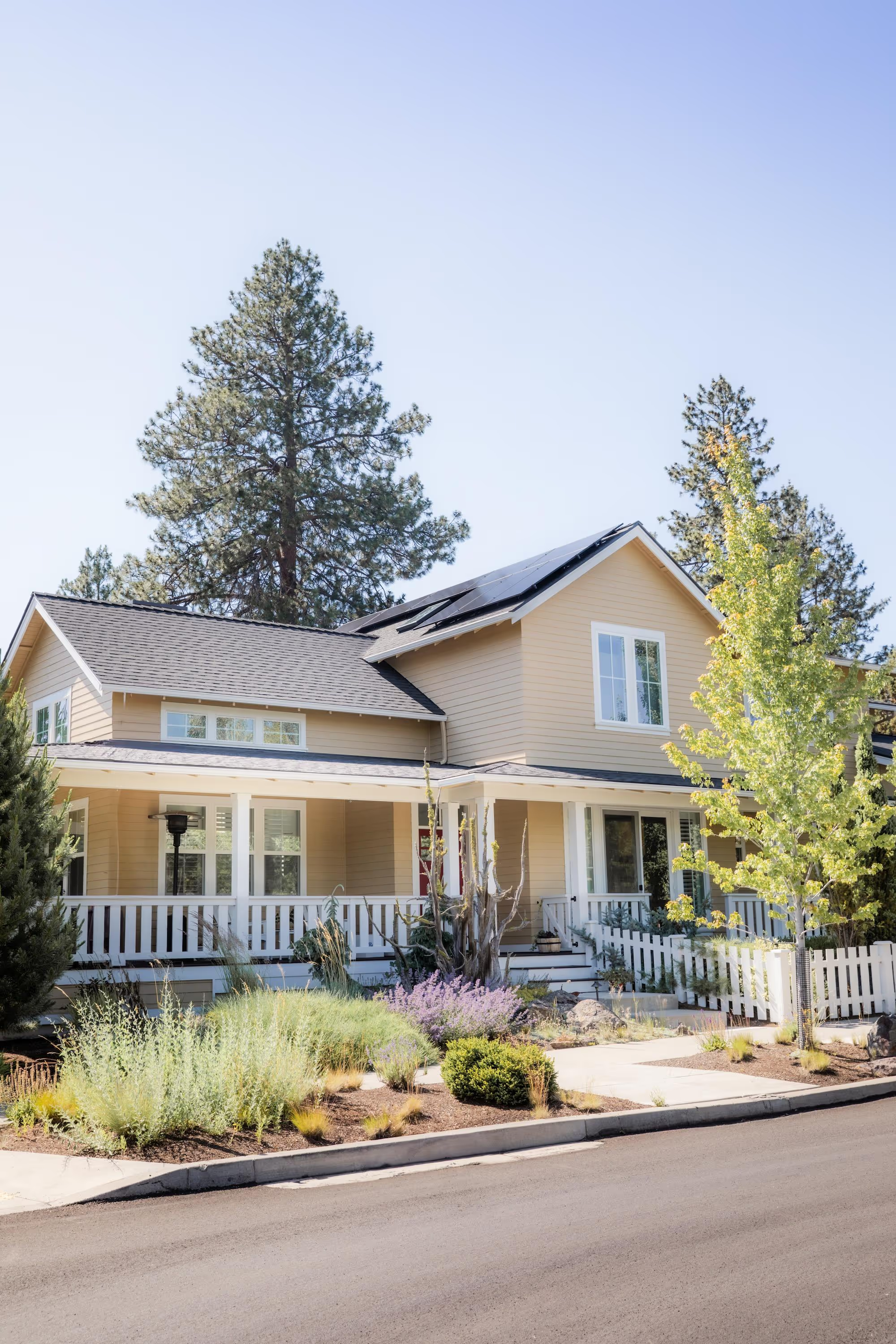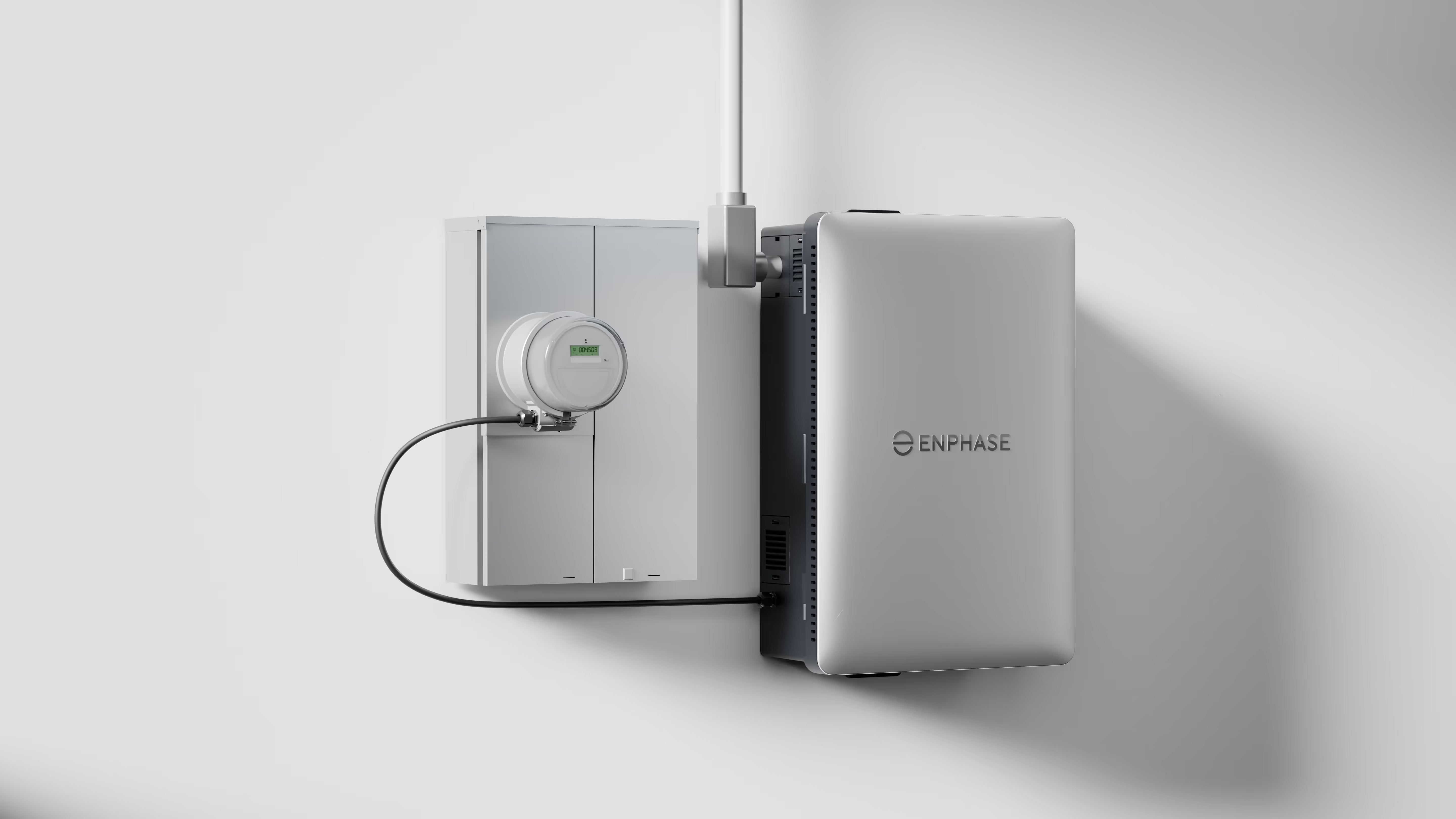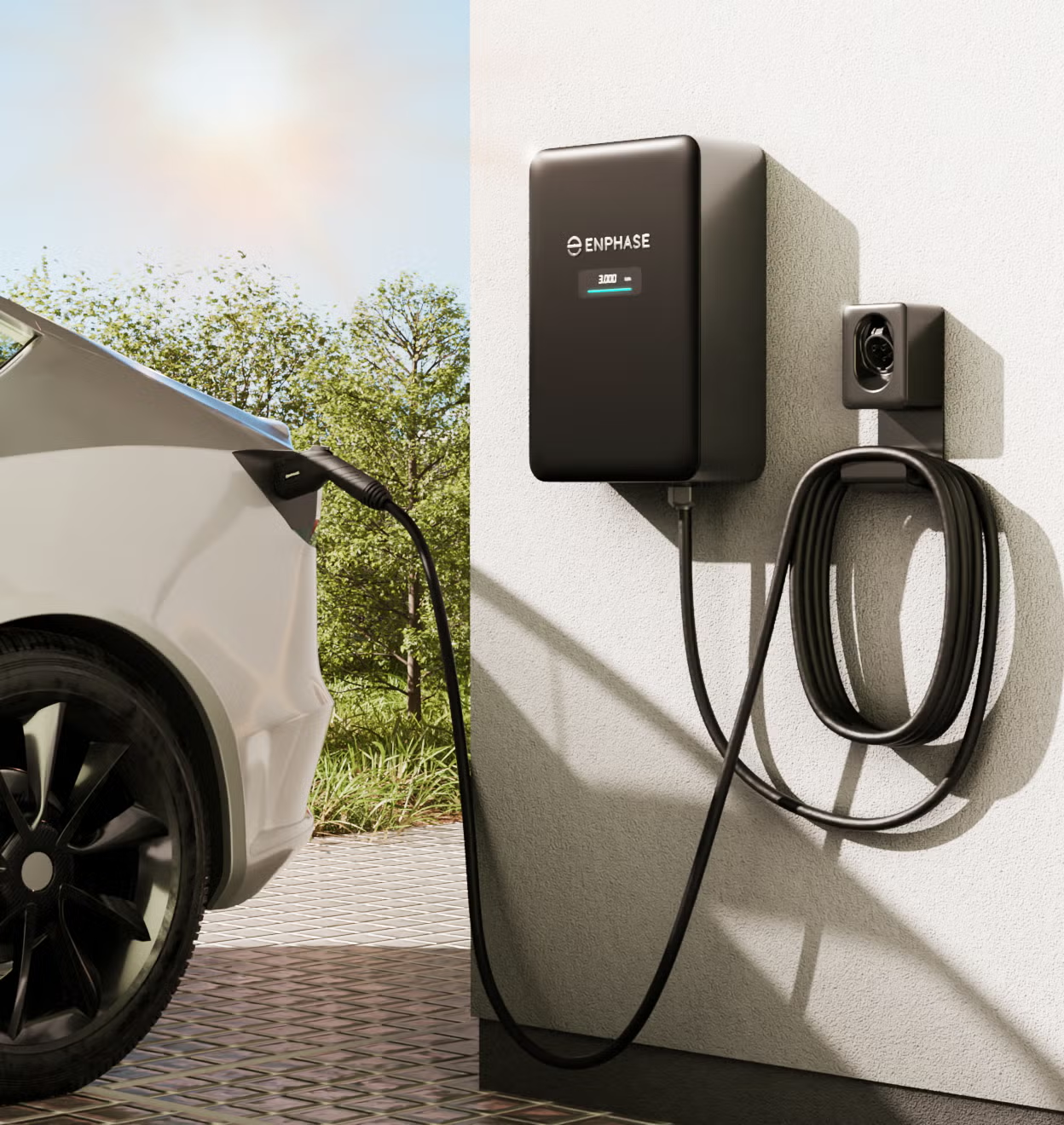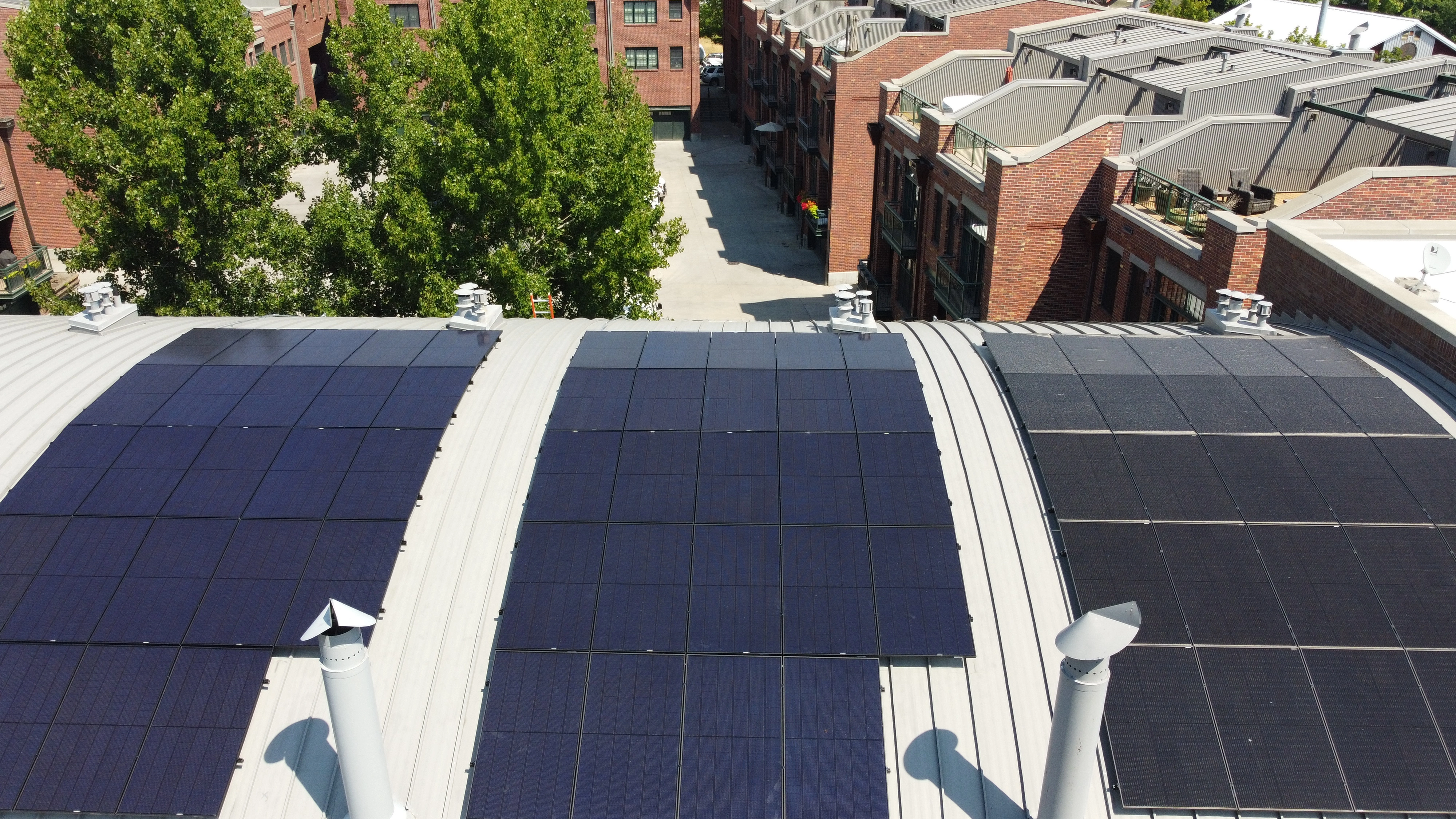How to Clean Solar Panels in Oregon

Solar panels are an excellent investment for both residential and commercial property owners in Oregon. They provide a renewable source of energy, reduce electricity bills, and contribute to a greener environment. However, to ensure that your solar panels function at their optimal capacity, regular cleaning is essential. This article will guide you through the process of cleaning your solar panels, including the tools you need, the best cleaning methods, and the optimal frequency of cleaning.
The importance of cleaning solar panels
Over time, dust, bird droppings, leaves, and other debris can accumulate on your solar panels, blocking sunlight and reducing their efficiency. Furthermore, cleaning your solar panels can extend their lifespan. The accumulation of dirt and debris can cause hot spots on the panels, which can lead to damage over time. By keeping your panels clean, you can prevent this damage and ensure that your panels last for their expected lifespan.
When to clean solar panels
At National Solar, we utilize REC Solar Panels, which are designed for optimal electricity. All REC panels have been designed for easy installation and minimal maintenance, however, dust, pollen, leaves and other contaminants often find their way onto the panel and soil the surface. To overcome this, REC panels are manufactured so that normal and regular levels of rainfall will clean them naturally if installed at a sufficient angle.
As a general rule, solar panels should be cleaned at least once or twice a year. However, it's a good idea to check your panels every few months to see if they need cleaning. If you notice a significant drop in your solar energy production, it might be time for a clean.
Nevertheless, factors such as the amount of dust and dirt in the air, the amount and regularity of rainfall and the optimum angle of installation are dependent upon the location of each installation and any dirt-resistant properties of a panel will not necessarily guarantee a permanently clean and dirt-free surface.The dirt itself will not harm the panels, but allowing it to buildup over time can affect system performance. Therefore, to optimize electrical output, it is recommended to clean the panels when dirt can be seen on the glass surface. You can follow the easy guide below, or read the Quick Guide to Cleaning from REC.
How to clean solar panels
1. Cleaning Process
- Best Time for Cleaning: Clean the panels early in the morning before they reach working temperature, to prevent thermal shock.
- Water Temperature: Always use water at ambient temperature. Avoid using hot or cold water as it may cause rapid expansion or contraction of the panel components, potentially leading to damage.
- Cleaning Tools: Utilize a standard garden hose with normal water pressure. Do not use high pressure hoses, pressure or steam cleaners, or abrasive tools like knives and metallic sponges, as these can cause damage to the panels and invalidate the warranty.
- Type of Water: Ideally, use de-ionized water, which is free of minerals and salts, to avoid depositing residues on the panels. If de-ionized water is unavailable, rainwater, tap water, or diluted alcohol are acceptable alternatives.
- Handling Contaminants: Ensure that the water and cleaning tools are free from grit and other physical contaminants to prevent scratching the panel surface.
2. Additional Cleaning Steps
- Rear of the Panel: If there's growth such as moss or mold, it can be gently removed by hand or with a soft sponge. Avoid harsh treatments or sprays as they may damage the backsheet.
- Stubborn Stains: For persistent marks, use a soft sponge, microfiber cloth, or a non-abrasive brush. A mild biological and biodegradable washing-up liquid may be used, followed by immediate rinsing with plenty of water.
- Rinsing: Thoroughly rinse the panels with de-ionized water, ensuring all cleaning residues are washed off. Repeat if necessary.
3. Drying
- Natural Drying: The best method is to allow the panels to air dry. If manual drying is necessary, use a chamois or a rubber squeegee with a plastic frame, gently wiping from the top down to avoid scratching.
4. Handling Snow
- Snow can be removed with a non-abrasive brush if necessary, but usually, it's not required for performance maintenance as snow typically falls during low irradiation periods.
5. Safety Precautions
- Shock Hazard: Damaged panels might present a risk of lethal shock due to leakage currents. This risk increases if the panels are wet.
- Inspection: Before cleaning, inspect the panels carefully for cracks, damage, and loose connections.
Conclusion
Cleaning your solar panels is an important part of maintaining your solar energy system. By keeping your panels clean, you can ensure they operate at their maximum efficiency, extend their lifespan, and get the most out of your investment. Whether you choose to clean your panels yourself or hire a professional service, regular cleaning is a small task that can make a big difference in your solar energy production.
Calculate your potential energy cost without solar
Unlock affordable energy solutions
Every project includes design, permitting, installation, and support from our award winning installation team.

Solar Panel Installation
Custom-designed rooftop solar systems that slash your electric bill.

Battery Storage
Store your daytime solar power for nighttime usage or power outages.

Ground Mounts
Ideal for properties without good roof access. Same savings, more flexibility.

EV Chargers
Power your electric vehicle at home for less, powered by your solar system.

Solar System Removal & Reinstalls
Getting a new roof? We’ll handle your solar removal and reinstall.

Commercial Solar
Cut operating costs, claim Oregon solar incentives and benefit from tax advantages.
